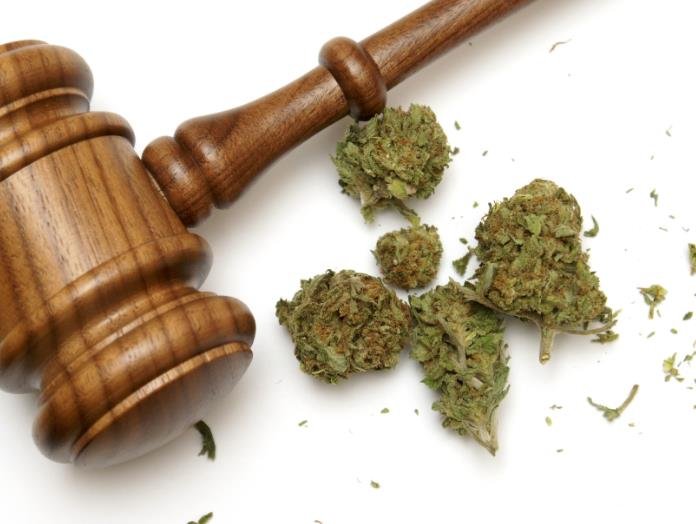The global perspective on marijuana has shifted dramatically in recent years, moving from strict prohibition to varying degrees of legalization and acceptance. This change is driven by several factors, including economic benefits, social justice considerations, and evolving public attitudes. In Guyana, the recent discovery and destruction of $2.5 billion worth of marijuana in Region Ten highlights the need for more progressive reform. Countries like the Netherlands, the United States, and Jamaica have witnessed significant economic gains following the legalization of marijuana. Guyana stands to benefit similarly by rethinking its stance on this issue.

Economic Benefits of Legalization
One of the most immediate benefits observed in countries that have legalized marijuana is a substantial increase in government revenue through taxation. For example, states like Colorado and California in the United States have generated billions of dollars in tax revenue from marijuana sales. In Colorado alone, marijuana tax revenues surpassed $387 million in 2020, and the state has gained over $2.7 billion to date in 2024. These funds have been reinvested into public services such as healthcare, education, and infrastructure, fostering overall societal benefits and growth.
If Guyana were to implement a similar taxation framework, it could provide a new and significant source of income for the government. These funds could be used to improve public services, reduce dependency on the oil and gas sector, and support economic diversification. The potential economic benefits of marijuana legalization extend beyond tax revenue, including job creation and increased tourism.
Job Creation and Tourism
The legalization and cultivation of marijuana have the potential to create numerous jobs across various sectors, including agriculture, health, retail, distribution, and regulatory agencies. In the Netherlands, Amsterdam’s marijuana coffee shops have created permanent employment for thousands of individuals and attracted millions of tourists annually, significantly boosting the local economy. Similarly, Jamaica has capitalized on its cultural association with marijuana, integrating it into its tourism industry.
Guyana, with its rich cultural heritage and natural beauty, could develop a merger of its eco-tourism and cannabis tourism sectors. This would not only create thousands of jobs but also attract millions of international visitors annually, boosting local businesses and generating additional revenue. By embracing marijuana legalization, Guyana could position itself as a unique and attractive destination for tourists seeking a regulated and safe environment to enjoy cannabis.
Social Justice and Public Health
Beyond economic benefits, marijuana legalization also addresses important social justice and public health issues. The criminalization of marijuana has disproportionately affected marginalized communities, leading to high incarceration rates and social inequities. Legalization can help rectify these injustices by reducing arrests and providing opportunities for those previously impacted by marijuana-related offenses.
Moreover, regulated marijuana markets ensure product safety and quality, reducing the risks associated with unregulated and illegal marijuana use. Legalization allows for better control over the production and distribution of marijuana, ensuring that consumers have access to safe and tested products. This approach also enables the government to implement public health campaigns and education programs to promote responsible use and reduce potential harms.
As the global perspective on marijuana continues to evolve, it is time for Guyana to rethink its position on this issue. By embracing marijuana legalization, the country can unlock significant economic, social, and public health benefits, paving the way for a more prosperous and equitable future.
Maria Garcia is an award-winning author who excels in creating engaging cannabis-centric articles that captivate audiences. Her versatile writing style allows her to cover a wide range of topics within the cannabis space, from advocacy and social justice to product reviews and lifestyle features. Maria’s dedication to promoting education and awareness about cannabis shines through in her thoughtfully curated content that resonates with both seasoned enthusiasts and newcomers alike.








